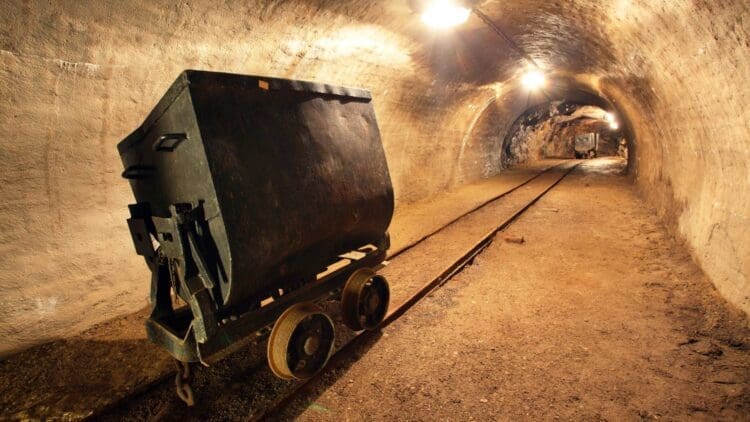The Czech Republic has opted to phase out the final hard-coal mine in the country by 2026. The nation has seen a vast amount of backlash following the decision to transform the region into an industrial zone; on the other hand, the closure of the last operating coal mine will inevitably lead to job losses. Socioeconomic experts have pointed out that many young people are due to leave the region in favor of the more urban environment in the nation’s cities. The closure means that Poland is the only country in the EU that still produces hard coal.
The Czech Republic has finally completed the transition away from fossil fuels
For any nation, completing the transition away from fossil fuels in favor of a more environmentally friendly form of energy generation is an ambition that requires many years of negotiating to achieve.
To their credit, the Czech’s have made realising that dream a reality in the not-too-distant future. Czech mining company OKD, who have a controversial history in the region, still serves as the nation’s only coal miner and has stated its plans to shut down the final coal mine in the country amid rising concerns from local residents.
The site in question is known as ČSM mine, located in the eastern part of the country near the border with Poland. What is truly interesting is the fact that the mine remains profitable. Both the government and the mine operator have stated that the phase-out should take place while operations are still financially sustainable to minimize the effect of the closure.
The closure is a sharp contrast to what is happening in Poland
Following the news of the closure of the last coal mine in the Czech Republic, Poland is now the EU’s only coal producer. According to industry figures, Poland extracts roughly 48 million tonnes of hard coal annually.
That would mean that Poland accounts for 98% of the EU’s coal production, with the Czech Republic picking up the last 2%. Poland relies heavily on government subsidies to operate its mines, with industry insiders estimating that the Polish state spends about €235,000 per hour to keep its coal industry afloat.
Residents in the region in the Czech Republic have lamented the plans to transform the region into a green industrial zone
The choice to close the mine aligns with the government’s plan to eliminate all “coal (including lignite) mining and combustion by 2033.” The region of Moravia-Silesia was once referred to as the “boiler room” of Europe, but a decline in production over the past few years has resulted in the government choosing to finalize the closing of the country’s last coal mine.
Civil society organizations have pushed back against reported plans by two companies to build a massive lithium battery gigafactory in the region. Martin Bohoněk of Zachovejme Poolší (“Let’s Save Poolší”) released a statement outlining the residents’ feelings on the planned construction of the gigafactory. Much like China, which has been inspecting coal mines and has closed up to 15 sites in the Inner Mongolia region, the Czech Republic is moving on from fossil fuels. But what will replace it?
“It is clear, therefore, that an investor will need to tempt a foreign workforce here. What kinds of problems will be addressed by that? They are building on the last green space in the area, but they will not be building homes, hospitals, or institutions of learning for it.” – Martin Bohoněk
Despite the government’s plans, local residents pushed back
The region that the gigfactory will encompass is the size of 380 football pitches. The Czech government has stated that the choice to close the mine and build a new lithium battery gigafactory is a strategic decision; however, the citizens of the region near the border with Poland made their voices heard during a public referendum on the matter in 2024, where they overwhelmingly rejected the government’s plans. Russia is also seeing a decline in coal output for the year, so one can expect the coal sector in Europe to completely disappear in the near future.







